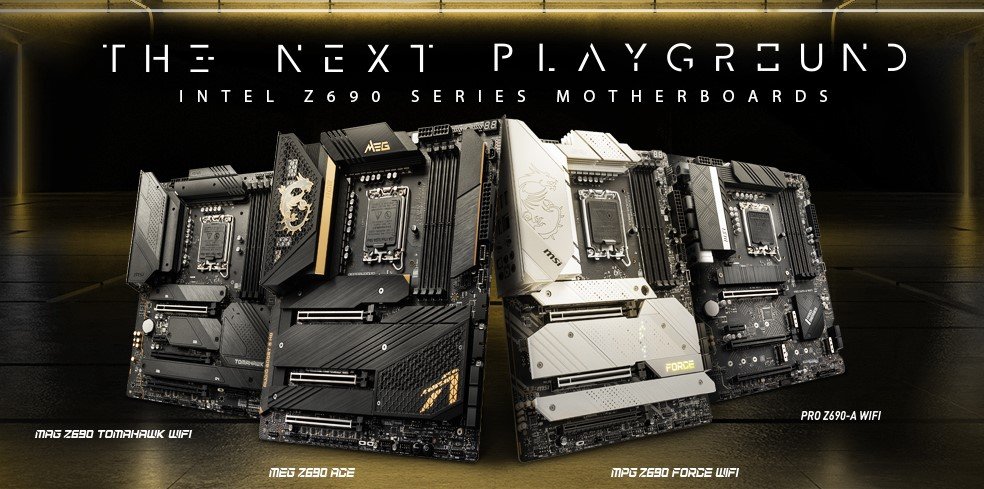With the launch of Intel Z690 motherboards, many of us were taken aback by the price increases seen across all vendors. Now, we're starting to learn what led to the pricing surge – and the ongoing chip shortage isn't the only culprit, as there has also been a rising cost for new components, versus components used for older motherboards.
According to TechPowerUp, a number of key components needed to be upgraded for motherboard vendors to meet the requirements for the Z690 chipset. Not only were higher quality PCB materials needed to keep DDR5 and PCIe 5.0 interfaces stable, but the socket LGA 1700 socket itself, and other components were also more expensive.
An LGA 1700 socket apparently costs four times more than LGA 1200. In addition, there's also a small price bump in the chipset, which is about $1 more expensive than its predecessor (Z590).
Besides the PCB materials, socket, and chipset, there's also increased power design costs. Instead of following IMVP8 power design with DrMOS (Driver MOSFET) modules, the Intel Z690 motherboards follow the IMVP9.1 specifications, employing the more expensive SPS (Smart Power Stage) modules, and the number of power phases also increased, adding further to the cost.
The jump to PCIe 5.0 also shares some blame here, due to additional requirements needed to support PCIe 5.0 devices. These include a PCIe 5.0 retimer, and PCIe 5.0 SMT slots, which are about 10-20% more expensive compared to PCIe 4.0.
As TechPowerUp notes, Z690 motherboards could have ended up being even more expensive if it weren't for Intel's Marketing Development Funds scheme, which saw Intel help partners with rising costs to promote the use of 600-series motherboards.
KitGuru says: Eventually, we'll see prices for these newer components come down, but for now, upgrading to DDR5 and PCIe 5.0 is going to be costly.
 KitGuru KitGuru.net – Tech News | Hardware News | Hardware Reviews | IOS | Mobile | Gaming | Graphics Cards
KitGuru KitGuru.net – Tech News | Hardware News | Hardware Reviews | IOS | Mobile | Gaming | Graphics Cards



